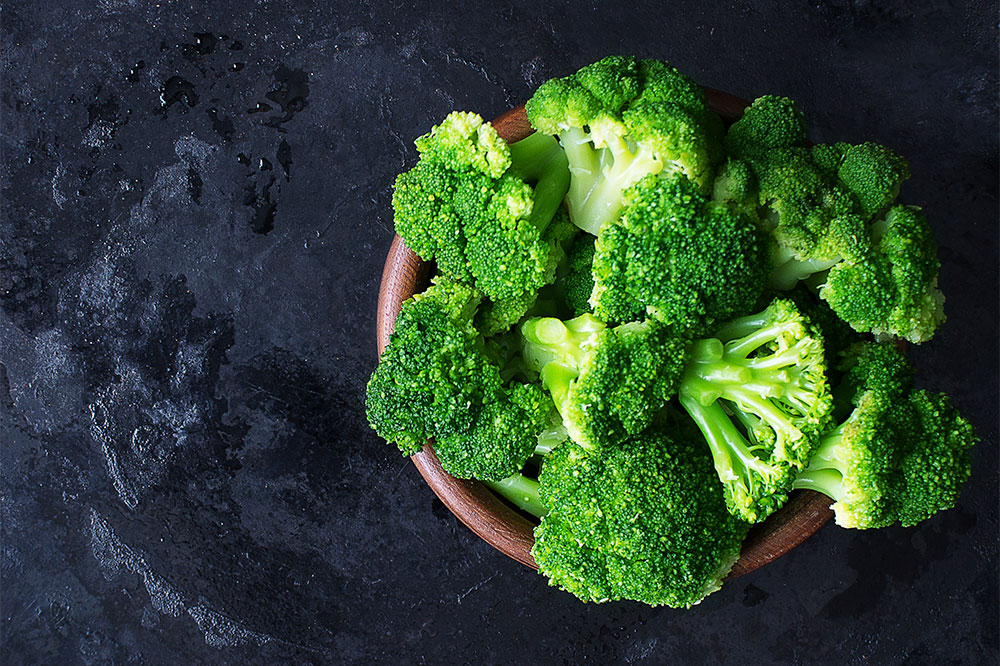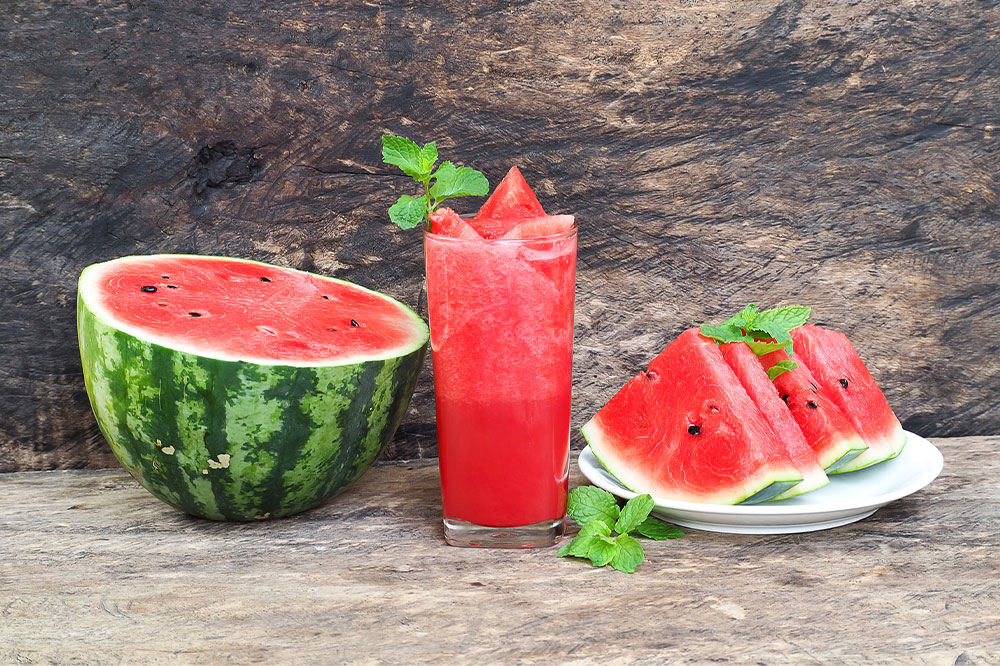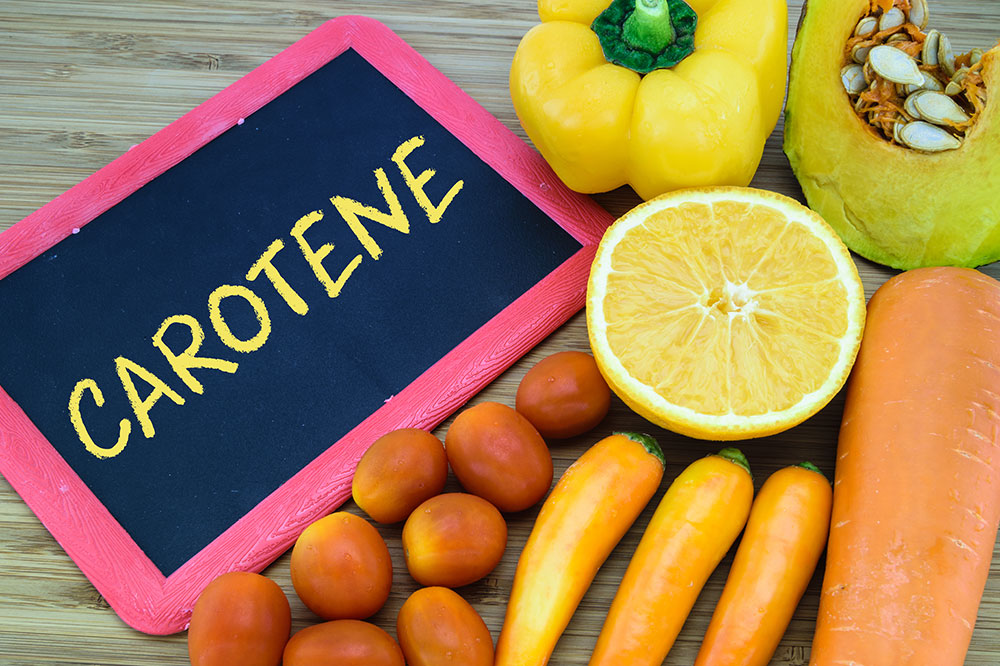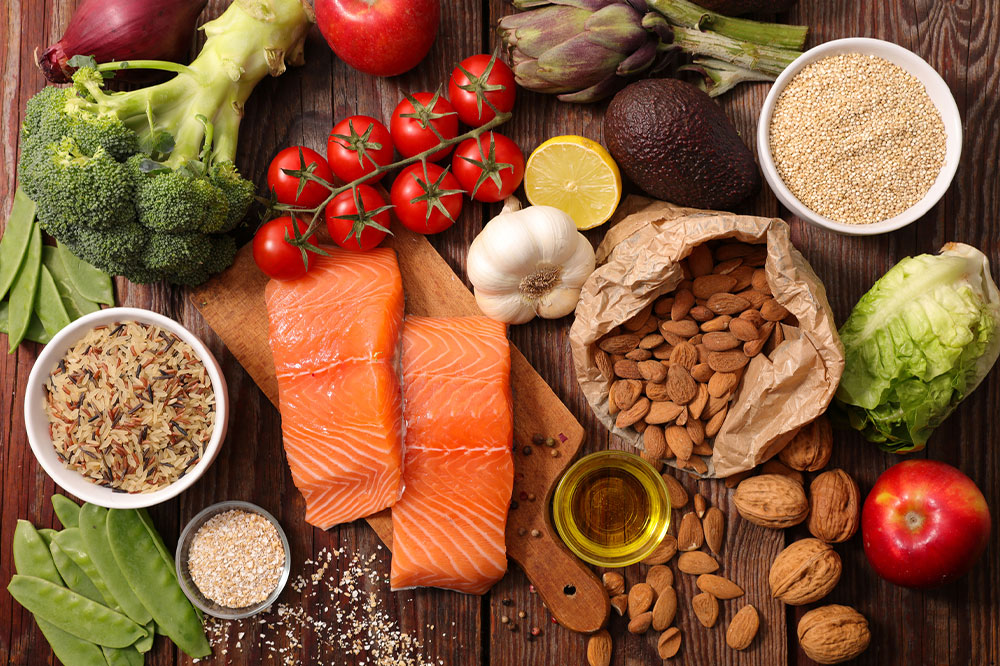Comprehensive Guide: Top 5 Foods That May Help Prevent Bladder Cancer
This comprehensive article explores the top five foods that may help prevent bladder cancer, emphasizing the importance of a balanced diet. It highlights the benefits of grapefruit, dairy, berries, tea, and pears, supported by scientific insights. Incorporating these foods into your daily meals can strengthen your immune system, reduce oxidative stress, and support bladder health, providing a natural approach to cancer prevention. Learn how strategic dietary choices can make a difference in reducing bladder cancer risk and promoting overall well-being.
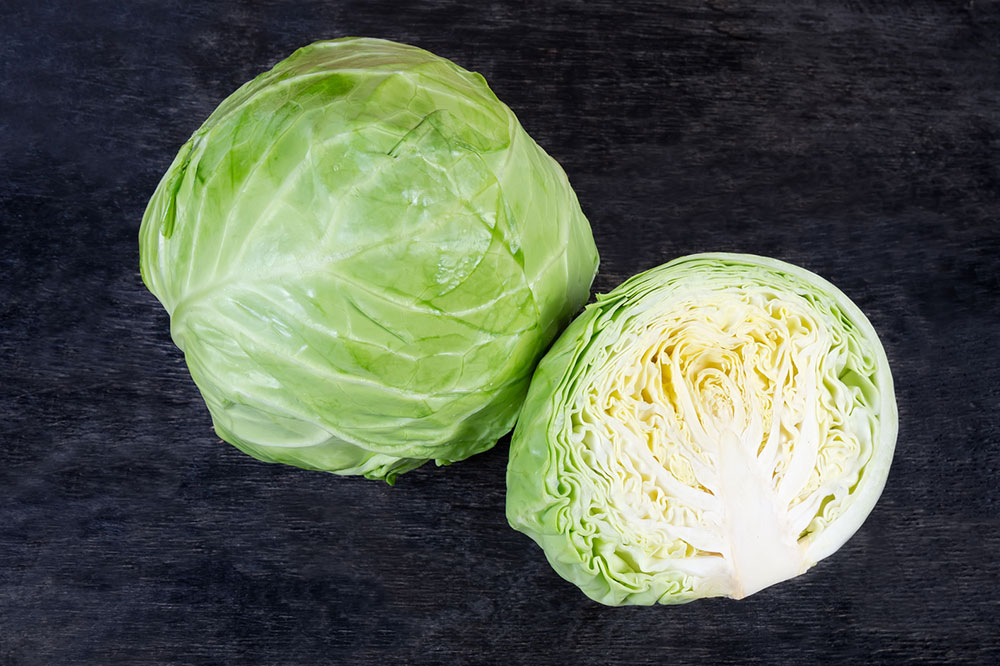
Comprehensive Guide: Top 5 Foods That May Help Prevent Bladder Cancer
Maintaining a healthy and balanced diet plays a crucial role in reducing the risk of bladder cancer and supporting overall health. While there is no single miracle food that can prevent bladder cancer outright, incorporating specific nutrient-rich foods into your daily meals can bolster your body's defenses and improve your immune response. A diet emphasizing fruits, vegetables, whole grains, and select dairy products not only nourishes your body but may also help in managing symptoms associated with bladder health. This article explores five key foods renowned for their potential in helping prevent and combat bladder cancer, backed by scientific research and nutritional insights.
Grapefruit
One of the most popular citrus fruits, grapefruit is celebrated for its high vitamin C content, which is vital for immune system strength. Vitamin C acts as a potent antioxidant that neutralizes free radicals—unstable molecules that can cause cellular damage and potentially lead to cancerous changes in cells. Consuming grapefruit regularly can contribute to lowering the risk of developing bladder cancer by reinforcing the body's natural defenses. Additionally, the antioxidants found in grapefruit support cellular repair processes and may assist in reducing inflammation, a known factor in cancer progression.
Beyond its vitamin C content, grapefruit contains other bioactive compounds such as flavonoids and naringenin, which have demonstrated anti-inflammatory and anti-carcinogenic properties in studies. These compounds help eliminate toxins and reduce oxidative stress, thereby decreasing the likelihood of mutations that can develop into cancer cells. For individuals looking to improve their overall health and potentially reduce bladder cancer risk, incorporating grapefruit into their diet is a flavorful and nutritious choice.
Adding a slice of grapefruit to your breakfast or enjoying it as a refreshing snack can provide essential nutrients that bolster immune function and cellular health. The fruit's combination of vitamins, minerals, and antioxidants makes it an excellent addition to any cancer-preventive diet.
Milk and Dairy Products
Milk is a staple in many diets worldwide and offers numerous health benefits, especially in the context of bladder health and cancer prevention. Rich in calcium, vitamin D, and high-quality protein, milk supplies essential nutrients that support various bodily functions, including immune response and tissue repair. These nutrients play a critical role in maintaining healthy bladder cells and may prevent the progression of precancerous lesions.
Research suggests that regular consumption of dairy products, particularly milk, can have a protective effect against bladder cancer. The calcium present in milk helps regulate cell growth and differentiation, reducing abnormal proliferation that can lead to malignancies. Vitamin D, synthesized in the skin upon sunlight exposure or obtained through fortified dairy, works synergistically with calcium to support cellular health and inhibit cancerous growths.
Moreover, dairy products contain bioactive peptides and minerals such as zinc and magnesium, which are vital for immune function. A balanced intake of dairy as part of a nutritious diet can support weight management, another factor linked to lower cancer risk.
It's worth noting that choosing low-fat or fat-free dairy options can help maintain a healthy weight while gaining these protective benefits. Incorporating milk, yogurt, and cheese into daily meals can be a proactive step toward cancer risk reduction.
Berries
Berries such as strawberries, blueberries, raspberries, and blackberries are not only delicious but also powerhouses of antioxidants and phytochemicals. These naturally occurring compounds contribute significantly to combatting oxidative stress and cellular damage associated with cancer development. The high levels of anthocyanins, flavonoids, and carotenoids found in berries have shown promise in reducing inflammation and supporting apoptosis—the process of programmed cell death that prevents abnormal cell growth.
Regular consumption of berries can provide a natural defense mechanism against carcinogens and free radicals. The antioxidants in berries help repair damaged DNA and prevent mutations that could lead to bladder cancer. Studies have indicated that berries' bioactive compounds also inhibit enzymes involved in tumor growth and metastasis. Moreover, berries are low in calories but high in fiber, making them an ideal addition to a weight-conscious diet that can indirectly reduce cancer risk.
Including berries in your daily diet, whether in smoothies, salads, or as a snack, can enhance your body's protective mechanisms. Their rich nutrient profile supports overall health and provides a tasty way to enhance cancer prevention efforts.
Green and Black Tea
Tea has long been valued for its health-promoting properties, particularly green and black varieties rich in polyphenols—powerful antioxidants known for their anti-cancer effects. Green tea contains catechins, especially epigallocatechin gallate (EGCG), which have been extensively studied for their ability to inhibit tumor cell proliferation, induce apoptosis, and prevent the formation of new blood vessels that feed tumors.
Consuming a cup of green tea daily can contribute to lowering the risk of bladder cancer by interfering with carcinogenic processes at the molecular level. Similarly, black tea contains theaflavins and thearubigins, which exhibit antioxidant and anti-inflammatory properties. These compounds help neutralize free radicals, reduce inflammation, and enhance immune surveillance against abnormal cells.
Research suggests that regular tea consumption may be especially beneficial for individuals at higher risk for bladder cancer, such as smokers or those with a family history. Incorporating tea into your daily routine provides an enjoyable and effective way to support bladder health and overall cancer prevention.
Pears and Other High-Fiber Fruits
Pears are a naturally sweet, hydrating fruit packed with dietary fiber and plant-based proteins. High fiber intake is associated with a lower risk of several cancers, including bladder cancer, due to its ability to promote healthy digestion and facilitate the elimination of potential carcinogens from the body.
Pears contain soluble fiber, which forms a gel-like substance in the digestive tract, helping reduce inflammation and maintain gut health. Additionally, the fiber may bind to harmful substances and toxins, preventing their absorption and subsequent damage to the bladder cells.
Pears are also low in calories, making them an ideal snack for weight management—a key factor in reducing cancer risk. The fruit's natural sugars provide a quick source of energy, while its fiber content helps sustain feelings of fullness, reducing overeating.
Including pears in your diet along with other high-fiber fruits like apples and oranges can be an effective part of a comprehensive approach to bladder health and cancer prevention. Their convenience, natural sweetness, and nutritional profile make pears a smart dietary choice.
In conclusion, a well-rounded diet rich in fruits, vegetables, dairy, and whole grains, complemented by specific cancer-fighting foods like grapefruit, berries, tea, and pears, offers a proactive approach to reducing bladder cancer risk. Nutrition plays a vital role in supporting immune health, preventing cellular damage, and maintaining overall well-being. These lifestyle choices, combined with regular medical check-ups and healthy habits, can significantly contribute to bladder health and cancer prevention efforts.
